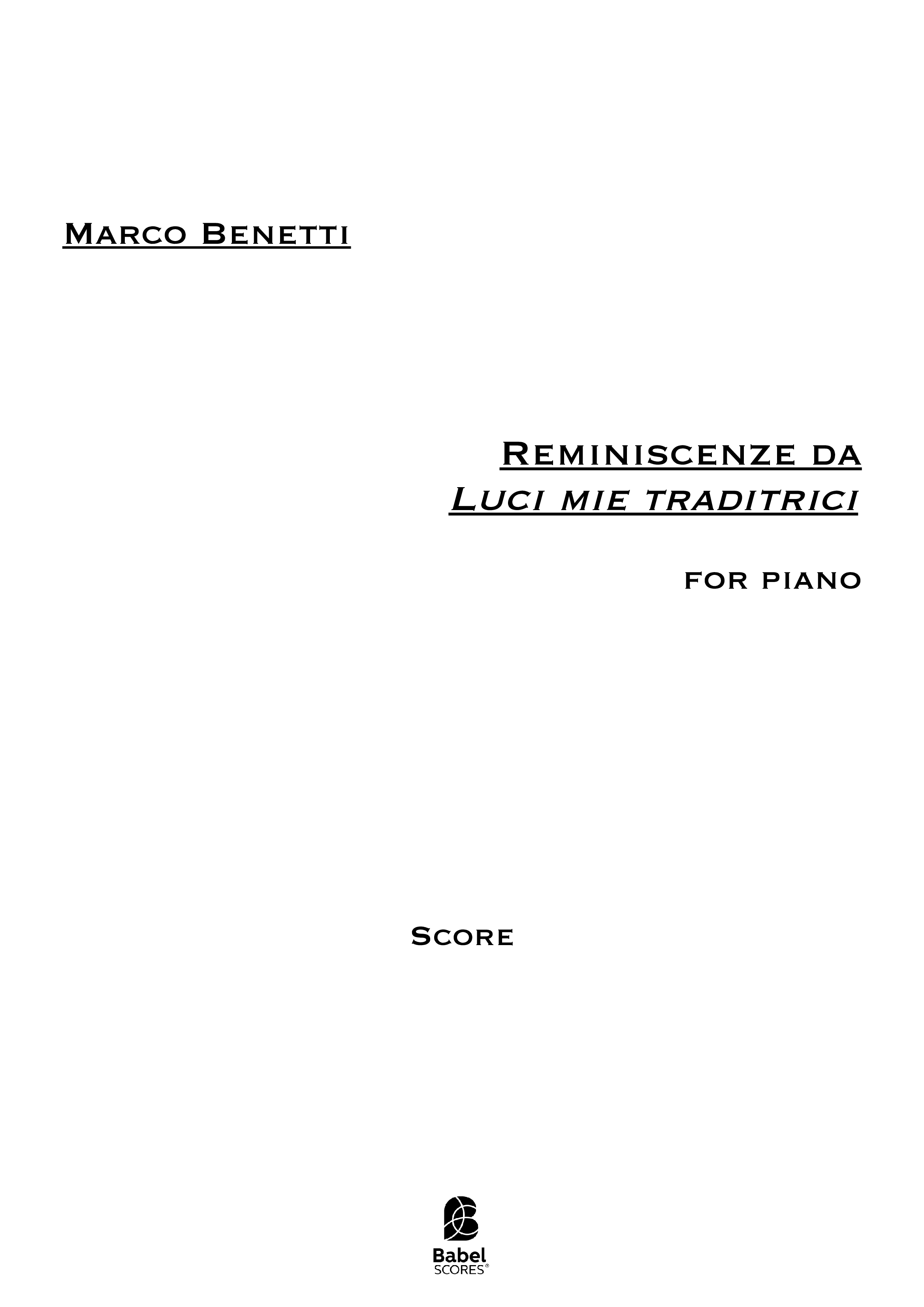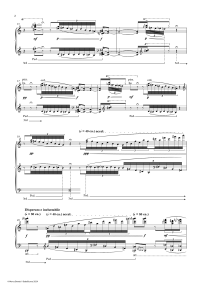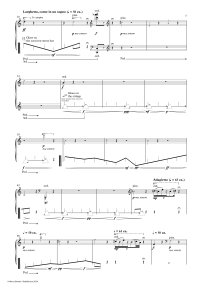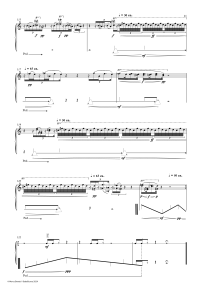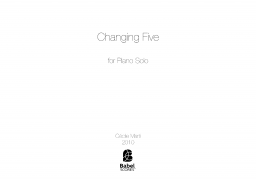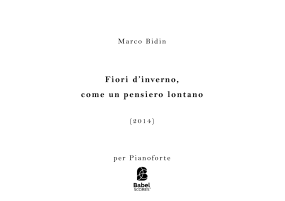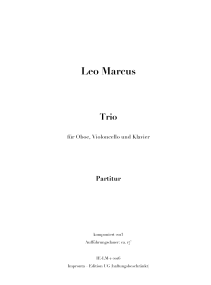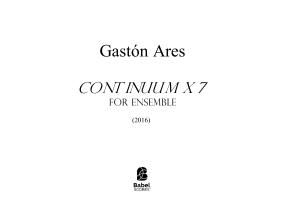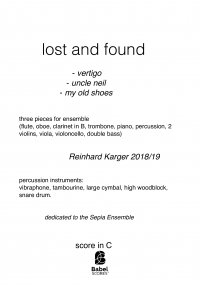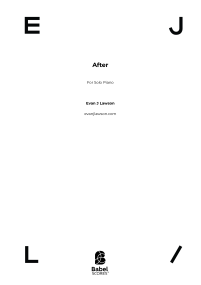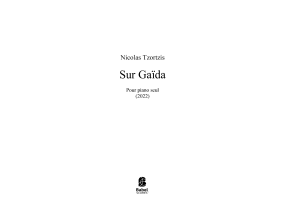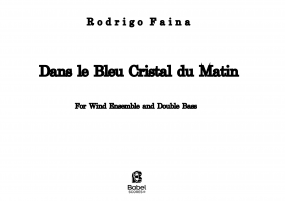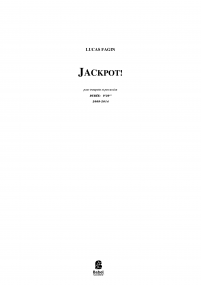Reminiscenze da Luci mie Traditrici
ISMN : 979-0-2325-7841-5
- Identifiez-vous pour créer une liste
Reminiscences
XIX century piano literature has seen numerous pianist composers try their hand at reworking fantasies and concert paraphrases on famous opera themes. As it is known, the opera, the leading genre of XIX century worldliness, was the meeting place that gathered the most diverse social standings. The interruption of the tradition which saw pianists interpreting the music they had composed on one hand, and the progressive disappearance of the need to spread opera music on the other, caused this genre to gradually disappear.
The lack of interest in the avant-gardes of the XX century for the opera, aside from some exceptions that have often led to solutions closer to musical theater than to the actual opera itself, has made the theaters, also moved by commercial customers, mainly promote what we now call historical repertoire, without much favoring new operas.
On the threshold of the XXI century the situation changed considerably. The ideological instances, which saw the opera as the expression of bourgeois and conservative society that had brought Europe to a double fault at the beginning of the previous century, gave way to less severe judgments, and the revaluation of genre and communicative potential brought with it are increasingly recognized, from many sides.
Proof of that is the fact that theaters, and not only main ones, commission new operas from today's composers.
The question then arises of how to spread and make those new operas available to as many ears as possible. In the digital age, with live streaming, this task is greatly facilitated. But given that live listening is always preferable and that the interest in today's music is never immediate, it was thought to be a foray into the ancient genre of concert paraphrase.
The operation is designed for a piano that is obviously different from what the romantic composers had at their disposal, a piano that has crossed the XX century, going from the most diverse musical genres to the most diverse timbral elaborations. The experience of preparation, the exploration of the sound universe that opened the direct intervention on the tailpiece with bare hands or with various tools, has given us a new instrument, still under study and evolution.
A recent title chosen for this operation is Luci mie traditrici by Salvatore Sciarrino, a significant opera in the rebirth of the operatic genre mentioned above, and one of the most important titles of repertoire by the happy pen of one of the major living composers.
The piece will be based on the reworking of three different materials from the score, which will be elaborated between themselves in various ways: the instrumental part of the murder scene (Acts II, Scene VIII), the chanson by Claude Le Jeune as presented in Intermezzo III and the vocal part of the duet between La Malaspina and L'Ospite (Act I, Scene III).
Pages - 24

